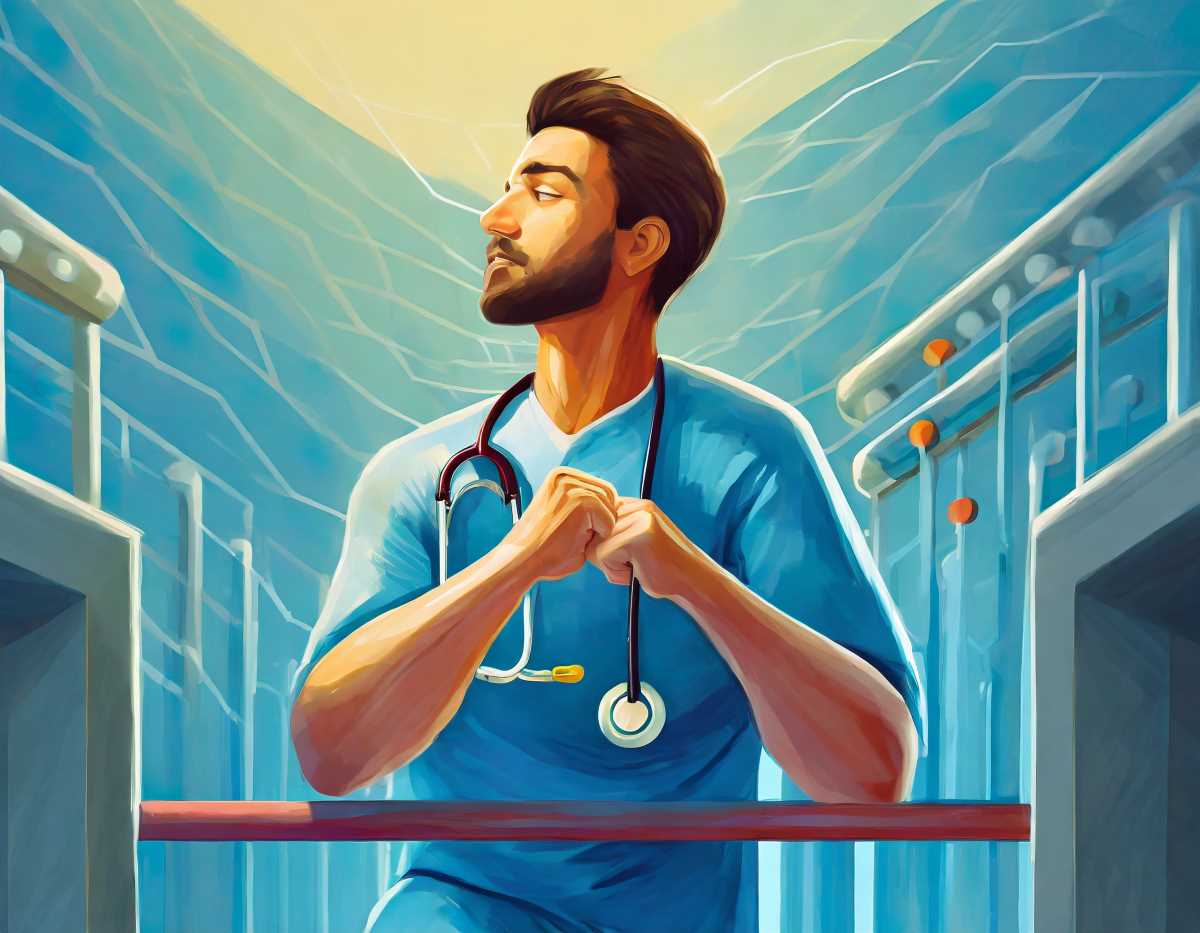Balancing on the Tightrope of AI Healthcare and Data Privacy
Healthcare meets AI: Welcome to the future of healthcare – it's a thrilling rollercoaster of optimism and obstacles. Dania Nimbe Lima Sánchez warns of digital divides, data dilemmas, and the need for policies in Mexico. Meanwhile, Blanca Hilda Vázquez Gómez sees AI as a reality in medical research.

Hold onto your lab coats because the healthcare landscape is gearing up for a technological revolution, and at the heart of it all is the enigmatic force known as Artificial Intelligence (AI). Picture this: a world where our health services are turbocharged by algorithms and data, promising a brighter, healthier future. But, before we dive headfirst into this sci-fi dream, Dania Nimbe Lima Sánchez, a savvy researcher from the UNAM School of Medicine, is here to sprinkle a little reality into the mix.
Recently, at the Seminar on Innovation, Technology, and Entrepreneurship, Sánchez hit us with some hard truths. Brace yourselves because the road to healthcare utopia is not paved in gold but rather in the digital literacy challenges that lie ahead. According to our expert guide, the main snag in our AI-infused journey is the resistance from healthcare professionals. It's like convincing your grandma to switch from handwritten recipes to a tablet – not an easy feat.




